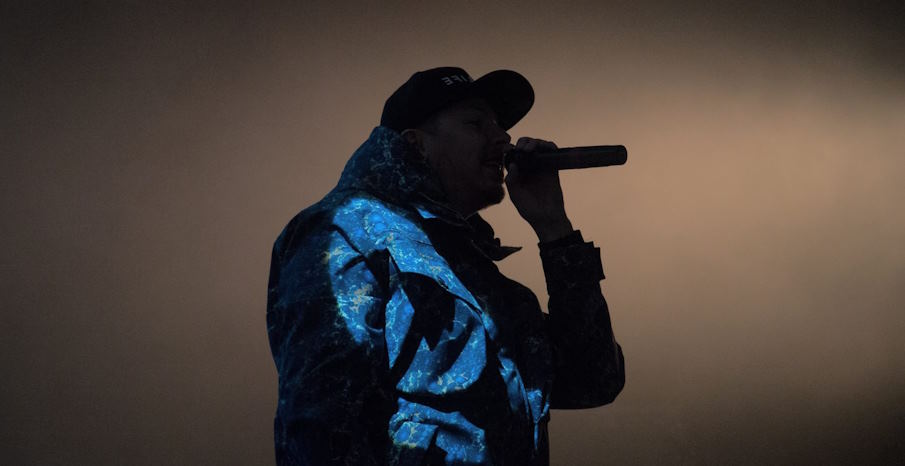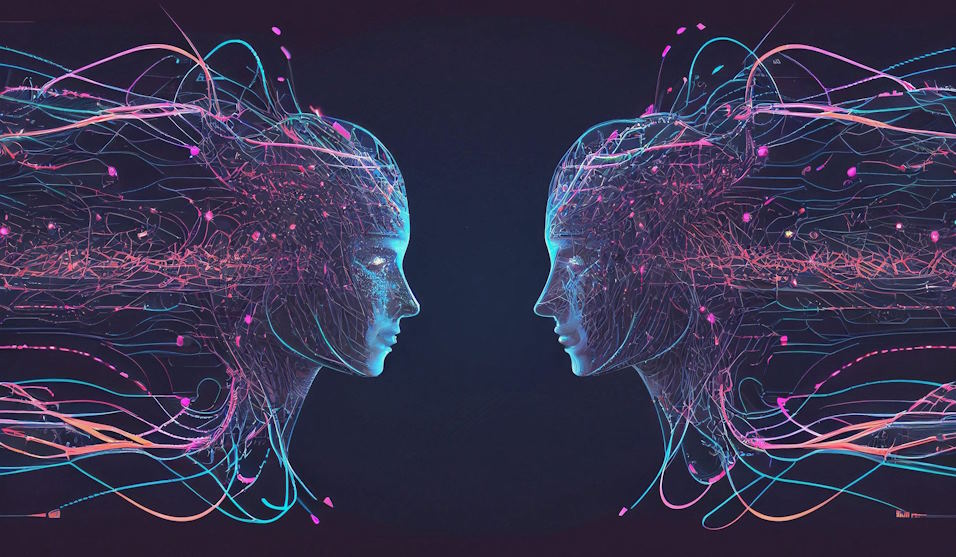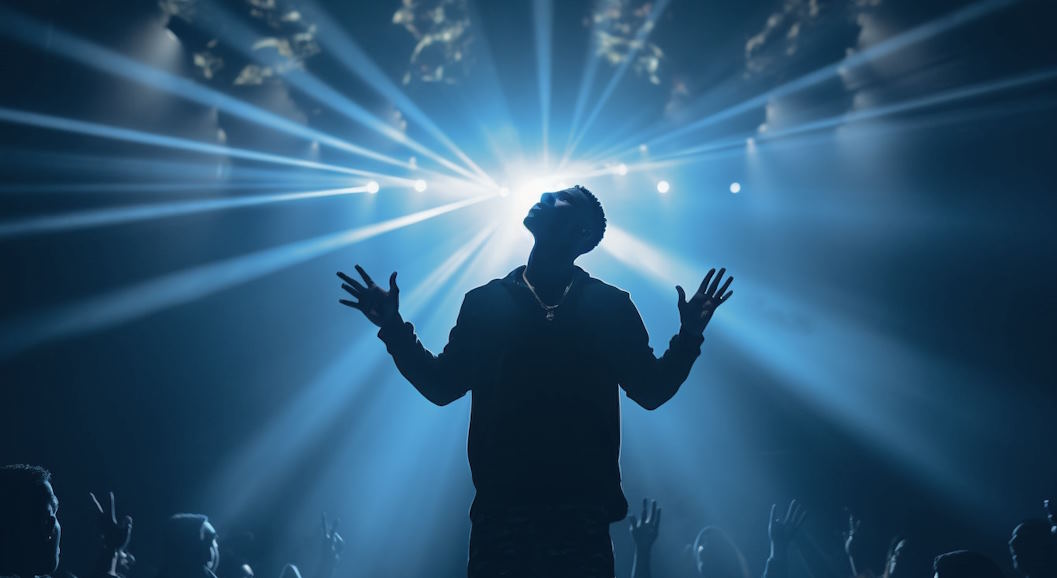The Impact of AI on Hip-Hop: Exploring Rap Voice Generators

Hip-hop, a genre born from the gritty streets of New York City, has always thrived on innovation and pushing the boundaries of artistic expression. From its humble beginnings as a local movement in the Bronx to its global domination today, hip-hop has consistently evolved, adapting to the ever-changing cultural landscape. In recent years, a new force has emerged that is reshaping not only the music industry but also the essence of hip-hop itself: artificial intelligence (AI).
The Birth of Rap Voice Generators
Explanation of rap voice generators and their functionality
AI rap voice generator, a groundbreaking innovation in the realm of music technology, are software programs powered by artificial intelligence (AI) that can mimic the voice and style of a rapper. They’re designed to generate authentic-sounding rap verses, complete with rhythm, rhyme, and lyrical dexterity. How do they work? Essentially, these AI-driven tools analyze vast datasets of rap lyrics, cadences, and vocal patterns from various artists to learn and emulate their unique styles. With this knowledge, rap voice generators can craft original lyrics and deliver them with the tone and flair of a human rapper. The result is often astonishingly convincing rap performances, rivaling those of established artists.

Key players and developers in the rap voice generation technology
Several companies and individuals have been at the forefront of developing rap voice generators. Notable players include OpenAI with its GPT-3 model and Jukedeck, which was acquired by TikTok and has since contributed to the app’s music generation capabilities. These entities have invested heavily in AI research, honing algorithms to create increasingly realistic rap voices. Their innovations have spurred collaborations with artists and producers, shaping the future of hip-hop in fascinating ways.
How rap voice generators are different from traditional vocalists
Rap voice generators differ from traditional vocalists in several key ways. While human rappers draw from their personal experiences and emotions to craft lyrics, AI-based generators rely on data-driven patterns. Traditional rappers bring a unique authenticity to their performances that is deeply rooted in their individuality, whereas generators excel at versatility and adaptability, enabling them to mimic multiple styles effortlessly. Despite these distinctions, rap voice generators are not intended to replace human talent but to serve as creative tools, offering new possibilities for artistic expression and collaboration within the hip-hop community. As we delve deeper into this technological frontier, it’s clear that rap voice generators are poised to revolutionize how we create and experience rap music.
AI-Generated Rap Music
Analyzing the quality and authenticity of AI-generated rap lyrics
One of the most intriguing aspects of AI-generated rap music is the quality and authenticity of the lyrics it produces. AI has come a long way in mimicking the lyrical prowess of human rappers. It can craft rhymes, employ wordplay, and even tackle complex themes. However, the authenticity of these lyrics often comes into question. While AI can generate lyrics that rhyme and flow, it lacks the depth of personal experience and emotion that human rappers infuse into their verses. The authenticity of AI-generated rap lies in its ability to replicate established styles but falls short when it comes to conveying genuine human emotion.

Examining the technical capabilities of rap voice generators in terms of flow and delivery
In terms of technical execution, rap voice generators have made significant strides. They can seamlessly adapt to various flows, cadences, and delivery styles, showcasing impressive technical prowess. They’re proficient at maintaining rhythm and rhyme schemes, and their consistency is unmatched. This technical precision can be a valuable resource for artists seeking to experiment with different vocal styles or for producers looking to generate demo tracks quickly.
Comparing AI-generated rap to human-generated rap in terms of creativity and emotion
When it comes to creativity and emotional depth, AI-generated rap still lags behind human counterparts. Human rappers draw from their life experiences, emotions, and cultural backgrounds, infusing their music with unique perspectives and stories. AI, on the other hand, relies on data patterns and lacks the ability to feel or comprehend the emotions it expresses. While it can simulate creativity to some extent, it’s a far cry from the genuine creativity and emotional resonance that human rappers bring to their craft.

